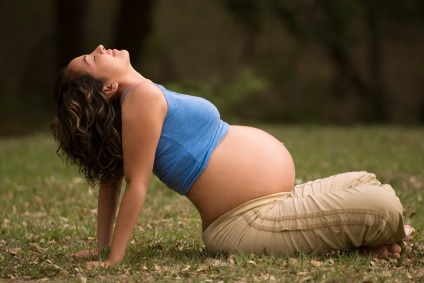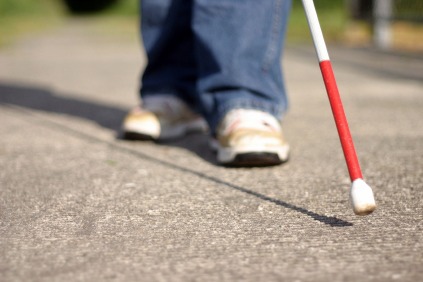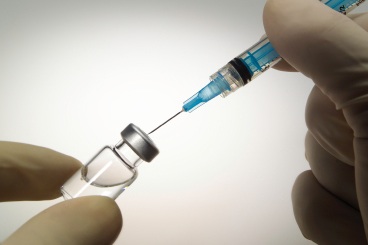A major problem in tropical countries, malaria is caused by mosquitoes which act as hosts to the parasite. There are four types of parasites:
- Plasmodium vivax
- Plasmodium falciparum
- Plasmodium malarie
- Plasmodium ovale

Malaria [Illustration by Shinod AP]
Certain kinds of malaria caused by the Plasmodium Vivax and Plasmodium Ovale may relapse even after three years of the first attack. But if it is caused by Plasmodium Falciparum, it usually disappears within one to two years.
Factors influencing onset of malaria:
Malaria flourishes in sultry climes because mosquitoes need a relative humidity of 60 per cent to survive. As a result, it is prevalent in areas where water stagnates at one place, be it a rice field or a puddle on a busy street. Actually, your house may also be breeding mosquitoes if it is not properly ventilated or badly lit.
People migrating from one place to another may carry the parasite and reintroduce malaria into an area where it has been eradicated. And it is not easy to become immune to it. Only repeated exposures to the disease for several years can bring about immunity.
In India, malaria becomes rampant during the monsoons, between July and September. Small puddles collect in every other corner which become a good breeding ground for mosquitoes.
Symptoms:
A typical attack comprises three distinct stages, the cold stage, the hot stage, the sweating stage.
The cold stage:
The fever starts with a chilly sensation, headache, nausea and a lethargic feeling, followed by shivering fits. The temperature rises rapidly from 39 – 41 degrees Celsius. The pulse is weak and rapid and this stage lasts for about an hour.
The hot stage:
The skin of the patient is hot and dry to touch. The patient feels like his body is burning and has an intense headache. Nausea diminishes and is accompanied by heavy breathing. This stage lasts for two to six hours.
The sweating stage:
The temperature drops rapidly to normal and the skin becomes cool and moist. The patient feels relieved and the pulse rate slows down. This stage lasts for two to four hours.
The temperature may rise at regular intervals repeating the patterns every third or fourth day. The disease has a tendency to relapse. Malaria could also lead to an enlargement of the spleen and secondary anaemia.
Complications:
- Cerebral malaria.
- Acute renal (kidney) failure.
- Liver damage.
- Gastro-intestinal problems.
- Anaemia.
- Dehydration.
- Collapse.
Complications in pregnancy:
- Miscarriage.
- Still birth or foetal death.
Diagnosis:
The diagnosis of malaria depends on the symptoms, along with the demonstration of the parasite in the blood.
Treatment:
After diagnosis, a patient is treated to ensure complete cure, prevention of a relapse and to make the patient immune to mosquitoes.
A combination of drugs called chloroquine and primaquine are given and the dose may vary according to the severity of infection. Recently, newer drugs such as mefloquine and halofantrine have been developed.
Control and eradication:
Spray insecticide in affected areas. Organise surveillance by health workers for malaria cases.










